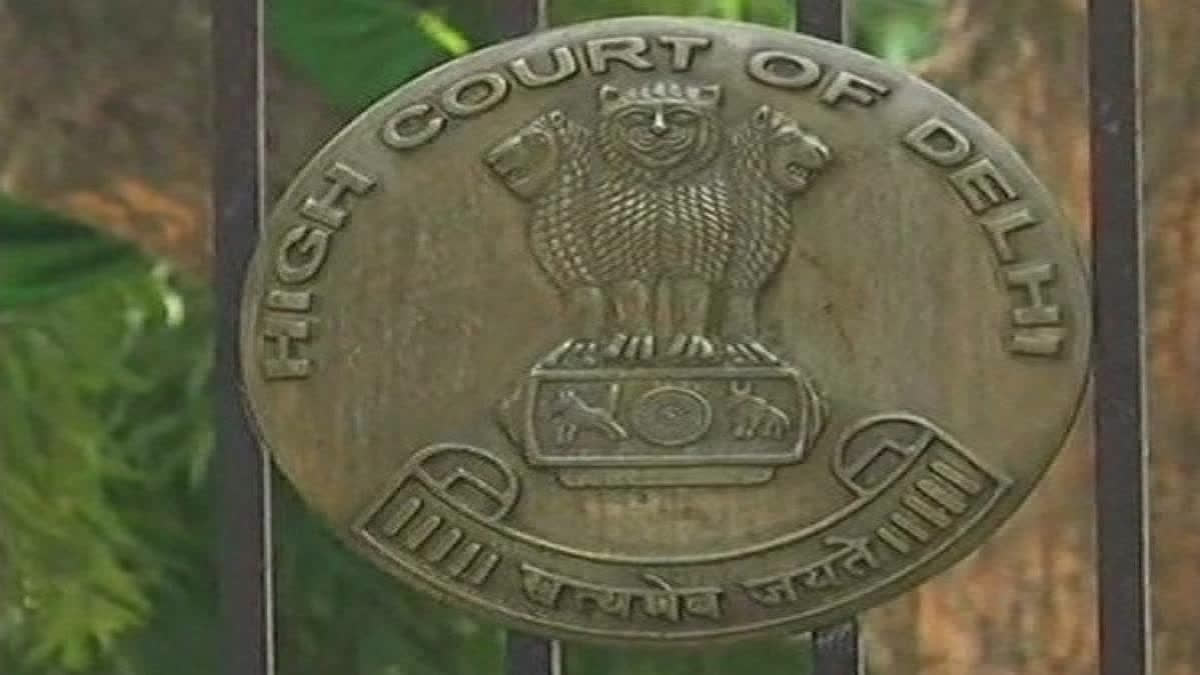New Delhi: The Delhi High Court has set aside a 2011 order of the CIC that directed the disclosure of the opinion given to the Centre by the then Solicitor General of India in 2007 in various cases filed by the Cellular Operators Association of India on the allotment of 2G Spectrums. The court held that such information was exempted under the provisions of the Right to Information (RTI) Act except when there are "weighty reasons" to support that its disclosure is in public interest.
Justice Subramonium Prasad, while dealing with the Centre's challenge to the Central Information Commission (CIC) order, said that the relation between the Solicitor General and the Government of India is that of a fiduciary and a beneficiary, and hence excepted under Section 8(1)(e) of the Act.
The opinion can only be allowed to be disclosed "if public interest in disclosure outweighs the harm to the protected interest" in terms of section 8(2) of the RTI Act. In the present case, since the RTI applicant did not demonstrate the public interest, the order of the CIC could not be sustained, opined the court, the HC said.
"Just by simply stating that it is in public interest to disclose the information would not be sufficient unless weighty reasons are given as to how the information which is exempted from being provided under Section 8(1) of the RTI Act should be provided and as to how the public interest would outweigh the harm to the protected interest," said the court in a recent order.
"This court finds no infirmity with the argument put forth by the Counsel for the Petitioner (Centre) that the advice tendered by the Solicitor General to the Union of India and other various government departments is done in the nature of a fiduciary, and hence the exception of Section 8(1)(e) of the RTI Act has been invoked," it concluded.
The court observed that as per the rules for the engagement of Law Officers, it is the duty of the law officers to give advice to the Government of India on legal matters and a law officer is not allowed to hold brief for any party except with the permission of the Government of India.
The Solicitor General of India is duty bound to work for the benefit of the Union government which trusts and places reliance on him in return, it said. The court observed that the RTI Act has the objective of empowering the citizens to seek information from any public authority and uphold the principles of true democracy by keeping public authorities in check by making them answerable to the public.
However, it added that not all information can be disclosed, and section 8 provides for "Exemption from disclosure of Information" which suspends the obligation for disclosure of information under various heads and this exempted information can only be provided in the interest of the public at large.
"Disclosure of such information as exempted under Section 8 for public interest should also ensure that the disclosure in public interest should outweigh the harm caused to protected interests of a public authority or public functionary... "Hence, the Court has to ensure that the disclosure of information (if need be) is done so while establishing a proper balancing act between the right to information of a citizen and the various state functionaries," the court said.
"Writ Petition succeeds and the Order dated 05.12.2011 is set aside," the court ordered. RTI applicant Subhash Chandra Agrawal had filed the application under the RTI Act in 2010 seeking certain information and details regarding the allotment of 2G Band/Spectrums.
In December 2011, the CIC directed the Central Public Information Officer (CPIO), Department of Legal Affairs, Ministry of Law and Justice to provide a copy of the note/opinion of 2007 given by the then Solicitor General of India to the Department of Telecommunications in relation to various cases filed by the Cellular Operators Association of India before the Telecom Disputes Settlement and Appellate Tribunal (TDSAT) and the high court regarding the allotment of 2G spectrums. (PTI)



